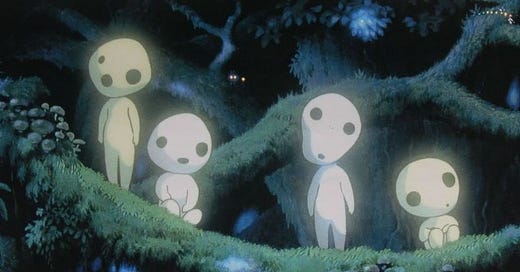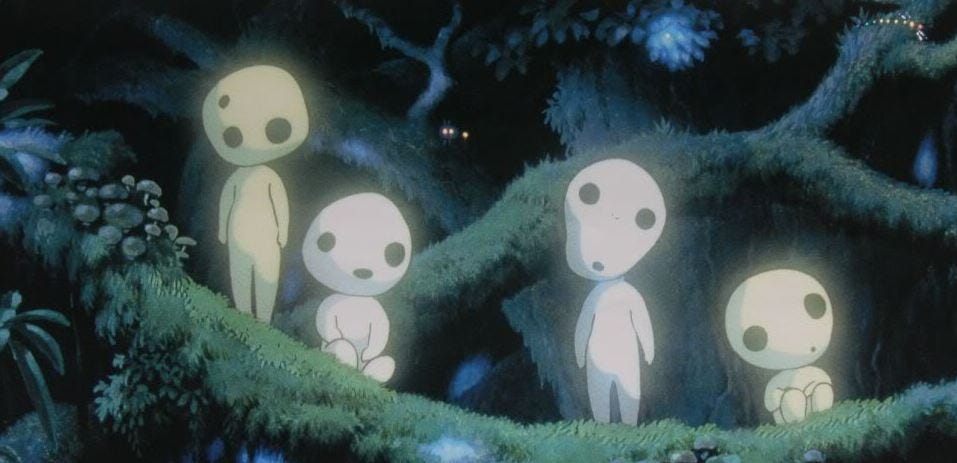proving aliens don't exist while queuing for barbecue
a curious conversation with a mathematician friend
While rummaging through my Idea Forests Notion folder this morning (an hour-long expedition just to find one single note), I rediscovered this piece I keep coming back to. It captures a twilight conversation with my mathematician friend who, on a bench outside a barbecue restaurant in a mall, once tried to prove to me that aliens don't exist—in under five minutes.
July 20, 2023
I was queuing for late-night barbecue with Su, my mathematician friend and childhood neighbor who's obsessed with elegant proofs, currently mathing his brain out 24/7 as a PhD. (He once said to me, “My biggest regret in life is that I didn’t start learning university-level math in elementary school.”)
He launched into this thought exercise:
"I can prove aliens don't exist," he said, eyes bright, geek-mode light blinking.
His proof went something like this: To understand alien existence, we need to determine a few key factors that make them perceptible to the human senses — their size (whether visible to human eyes), their speed (how long it takes them to reach us, if ever), and their distance (the possibility of interaction if they're intelligent).
"No matter what range the alien falls into," he insisted, "it's like throwing a coin on a spectrum of infinity. One divided by infinity is zero; therefore, the possibility of it being perceived by humans is zero."
He scribbled in the notebook I carry around at all times:
Where N represents the nearly infinite possible configurations of alien life across space, time, and form.
I nodded, shivering slightly as the air-conditioning blasted, thinking about how much I love these conversations that feel profound and unhinged. There's something about late-night philosophical wanderings that makes the universe feel closer somehow.
But I was not convinced.
"Hang on," I said. "Doesn't your proof disregard the entire scientific enterprise? The whole point of astronomy, astrobiology, SETI — they're all trying to narrow down possibilities, to override that zero."
I grabbed his pen and added:
"We're not randomly sampling the universe. We're looking in the most promising places."
Su shrugged, unbothered by this objection. That's the thing about pure mathematicians — their universe is cleaner than ours.
Later that night, lying awake in my room, I kept thinking about Su's proof. What does it mean to exist in a universe where we might never know? Where the most profound questions might be fundamentally unanswerable?
Maybe the real question isn't whether aliens exist, but what it means to be these strange, curious creatures who look up at the stars and wonder if we're alone. We create equations and launch telescopes and send radio signals into the void — not because we know, but because we don't.
And isn't there something beautiful about that? This cosmic unknowing that makes us who we are? We are particles arranged in human shapes, looking out at the universe, constantly reaching beyond what we can grasp.
I scribbled one more equation before falling asleep:
x,
Erica





Stay in awe of the unknown ✨